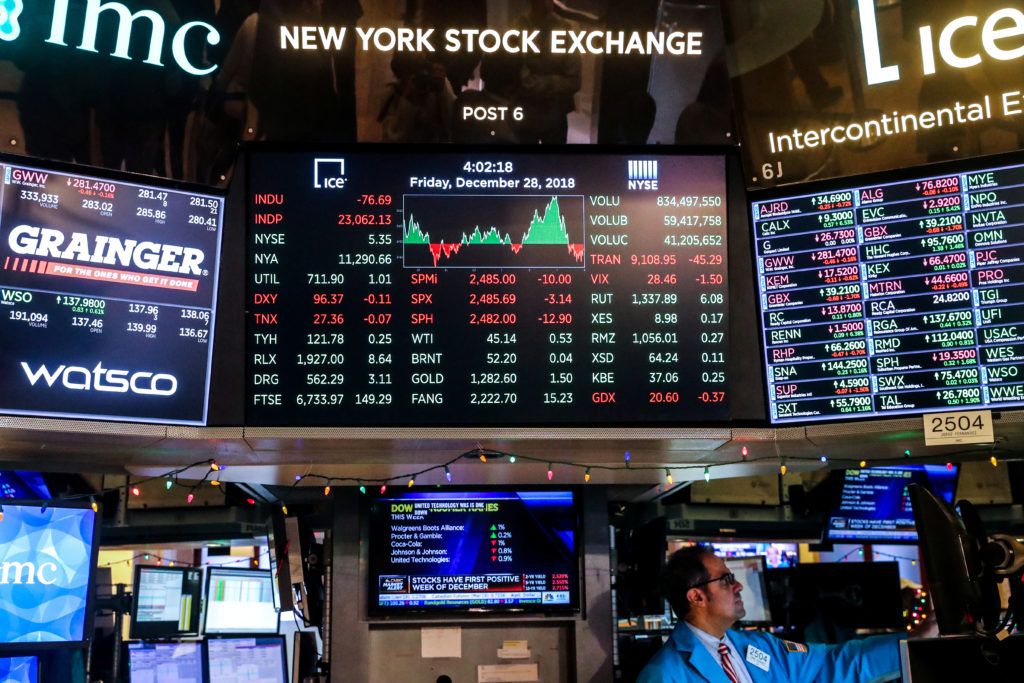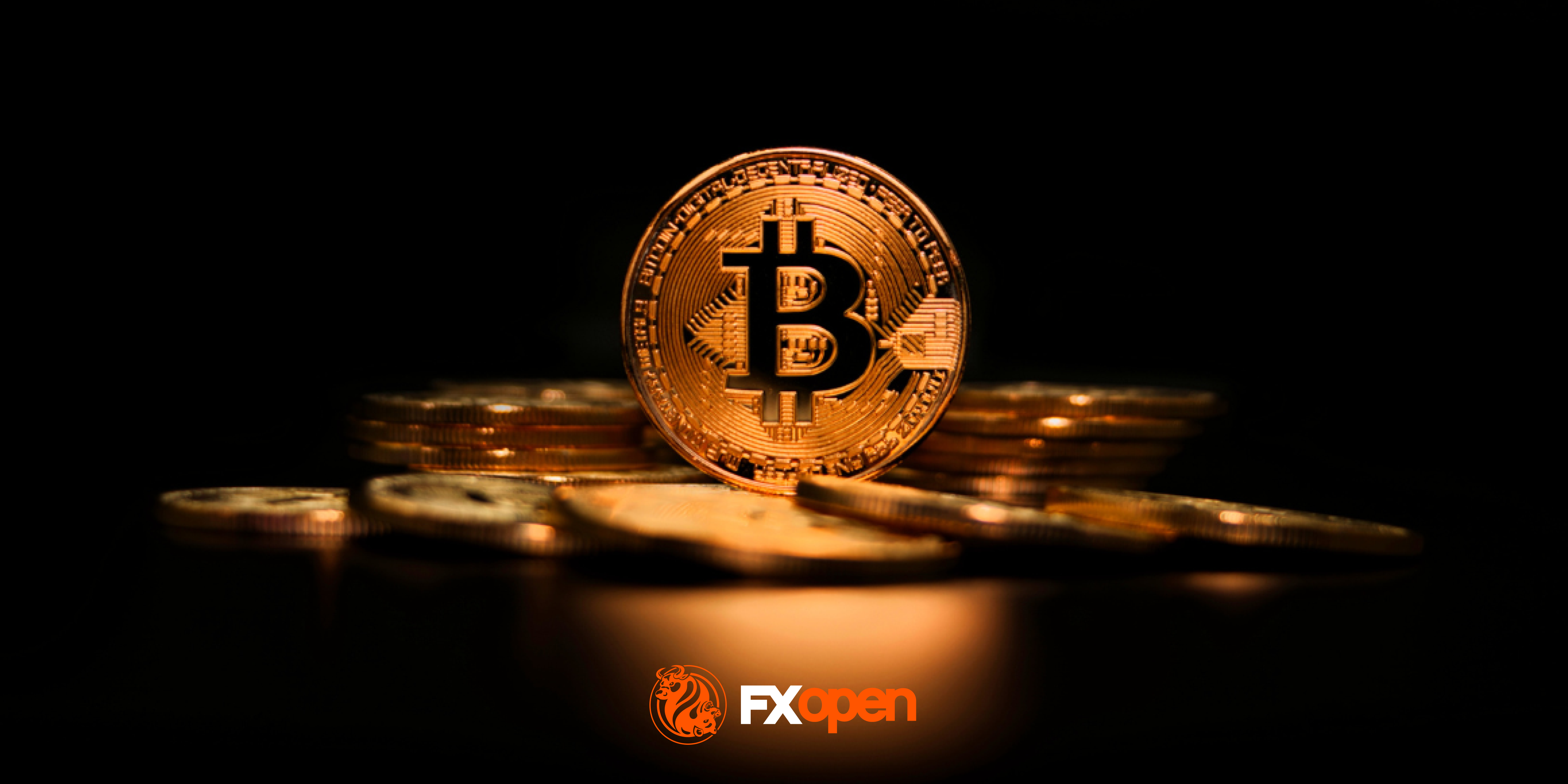FXOpen

For almost two years, there has been tremendous volatility within stocks of technology companies – mostly those with headquarters in Silicon Valley – which are listed on the NASDAQ exchange in New York and included in the S&P 500 index, which tracks the performance of America’s best performing 500 publicly listed companies.
Since 2021, technology stocks have been suffering, and during the course of last year, a consistent downturn in value was recorded, much to the surprise of many, who considered internet-based e-commerce giants and online firms to have been relatively resilient to the effects of the lockdowns which took place across many Western countries during 2020 and 2021 as the world went online.
Perhaps it would have been more likely that stocks in traditional companies which produce physical products or require quantities of raw materials delivered to factories in order to manufacture which was greatly restricted during those times, and workforces that were not allowed into workplaces in order to produce and deliver items to paying customers or outlets would have suffered more.
Yes, Amazon and Google rocketed in value during the early to the middle part of 2020 while airline and hospitality firms listed on more traditional European exchanges such as London Stock Exchange fell, but that was short-lived.
The tech stock downturn that took place last year was surprising and long-lasting.
Now, however, things are back on track, and there appears to have been something of a rally.
Over the past 30 days, the S&P 500 index has risen from 3,861 to 4,090, with NASDAQ-listed tech stocks contributing to that in droves.
-->Many analysts and financial services industry professionals in North America are looking at the ongoing rally in the value of tech stocks, and there is a definite sentiment that the rally may well continue.
One of the factors is the continual slowing of inflation in the United States. Whereas much of Western Europe and the United Kingdom is still grappling with inflation figures of around 10.5%, and in some of the Easterly member states of the European Union, it is as much as 25%, the United States has managed to get its inflation down from 10% a year ago to 6.04%.
At the end of last year, when US inflation began to drop from double figures, the US Dollar and some stocks of large companies declined in value because the lowering of inflation in the United States caused higher costs for American multinationals, which needed to print more dollars to pay suppliers, premises costs and salaries for their operations in Europe, but no longer is anyone looking at it like that.
This is because the Federal Reserve, which is the central bank of the United States, has announced that it is now holding off any further attempts to intervene in combating inflation, which hints at potentially no immediate interest rate rises.
The Federal Reserve has been raising interest periodically since the beginning of 2021, and the cost of repaying finance for companies and individuals alike has curbed expansion and spending, therefore having an adverse effect on growth, but now there is light at the end of the tunnel.
In Europe and the United Kingdom, things are quite different, with high inflation still blighting the economy and central banks having raised interest to the extent that some British mortgage lenders removed mortgage products from the market in the risk-averse view that people may struggle to make repayments with such high interest rates.
This positive sentiment in the United States has caused the NASDAQ composite index, which is full of tech stocks, to increase by 15% during the first quarter of 2023 and the S&P 500 to increase in value by 7% during the same period.
If the Federal Reserve declares an actual end to interest rate rises, that could spur even further rallies for tech stocks.
Trade global index CFDs with zero commission and tight spreads (additional fees may apply). Open your FXOpen account now or learn more about trading index CFDs with FXOpen.
This article represents the opinion of the Companies operating under the FXOpen brand only. It is not to be construed as an offer, solicitation, or recommendation with respect to products and services provided by the Companies operating under the FXOpen brand, nor is it to be considered financial advice.
Stay ahead of the market!
Subscribe now to our mailing list and receive the latest market news and insights delivered directly to your inbox.








